Have you ever come across images of water drops on dandelion clocks and wondered how they were taken? Dandelion clocks are great subjects for macro photography. And adding water droplets enhances the image, giving it a natural feel. Photographer Stewart Wood shows you how you can add a water drop to a dandelion seed and photograph it:
To start off with photographing dandelion seeds with water drop, here’s what you’ll need:
- Bingo clips
- Specimen holder
- Backgrounds
- Water
- Glycerine
- Plasticine
- Tweezers
- Syringe
Setting Up the Dandelion Clock Seed
Grab some Plasticine and stick it in the crocodile clip of the specimen holder. The Plasticine comes in handy when using multiple dandelion seeds. Then, using a pair of tweezers, grab a dandelion seed and stick it in the Plasticine.
Preparing the Water Solution
The problem with using plain water is that it evaporates quickly. To tackle this challenge, use a 50/50 mixture of water and glycerine. Besides preventing the water from evaporating quickly, the glycerine also provides a better round shape to the water drop.
Once the mixture is prepared, shake it up a bit and use a syringe to draw in some of that mixture.
Setting Up the Camera
Wood uses his Canon 650D with a 100mm macro lens on a tripod for the purpose. If you don’t have a proper macro lens, you can use an extension tube.
If you’re using a macro lens, set it up for 1:1 magnification. Using the syringe, carefully place a drop of the mixture on the dandelion seed and then focus. Be sure to have the aperture set for a greater depth of field so as to have the water drop and the dandelion seed in focus. In his case, Wood goes with f/7.1.
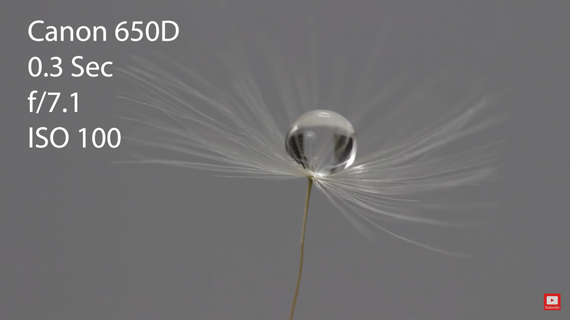
Image is slightly blurry due to camera shake introduced by mirror slap
If you notice camera shake due to mirror slap, use the mirror lock-up function to counter it. This will result in a sharper image. Also, using a remote shutter trigger comes in handy to reduce any camera shake when pressing the shutter button.
Spicing Things Up with Background
Notice how the above image looks technically okay but aesthetically boring. To spice things up a bit, Woody holds his custom printed background behind the dandelion. After adding the background, make sure that the image is still well exposed. If not, make appropriate changes to the shutter speed to adjust the exposure.
Also, it is not necessary to use a stand to hold the background. It doesn’t matter if the background moves, as you want it to be blurred anyway. And if you don’t have a custom printed background set, don’t worry. You can hold up almost anything colorful in the background.
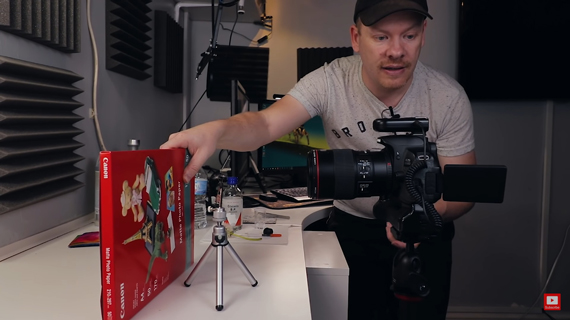
Using a Canon paper carton as background.
Adding More Dandelion Seed Clocks
If you want to take the image to the next level, you can work with multiple dandelion seeds as well. Carefully, add some more dandelion seed clocks to the Plasticine to add drama to the image. Be sure to refocus if the camera loses focus in the process.
Have you ever photographed dandelion seed clocks? We’d love to see some of your results.
Like This Article?
Don't Miss The Next One!
Join over 100,000 photographers of all experience levels who receive our free photography tips and articles to stay current:
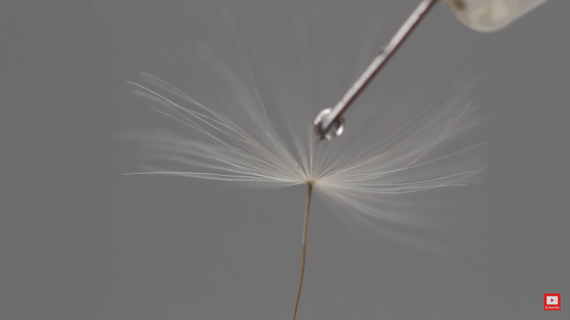
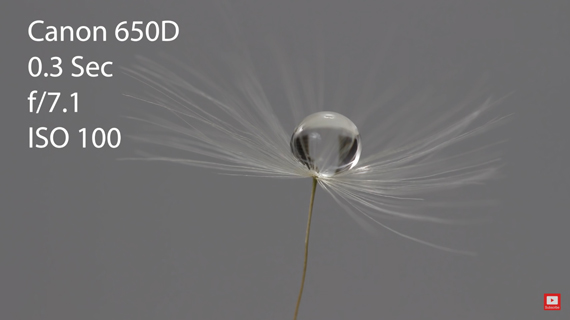
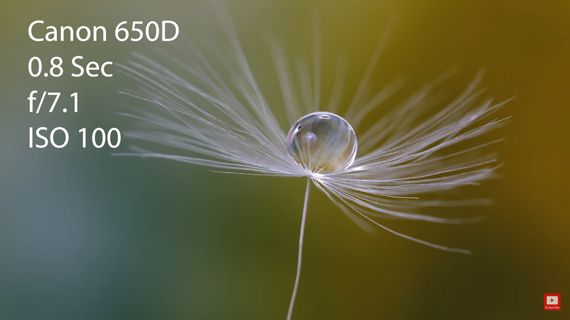
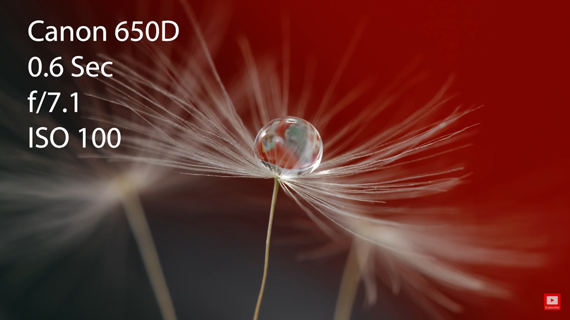

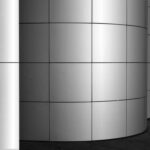


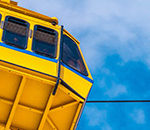
Leave a Reply